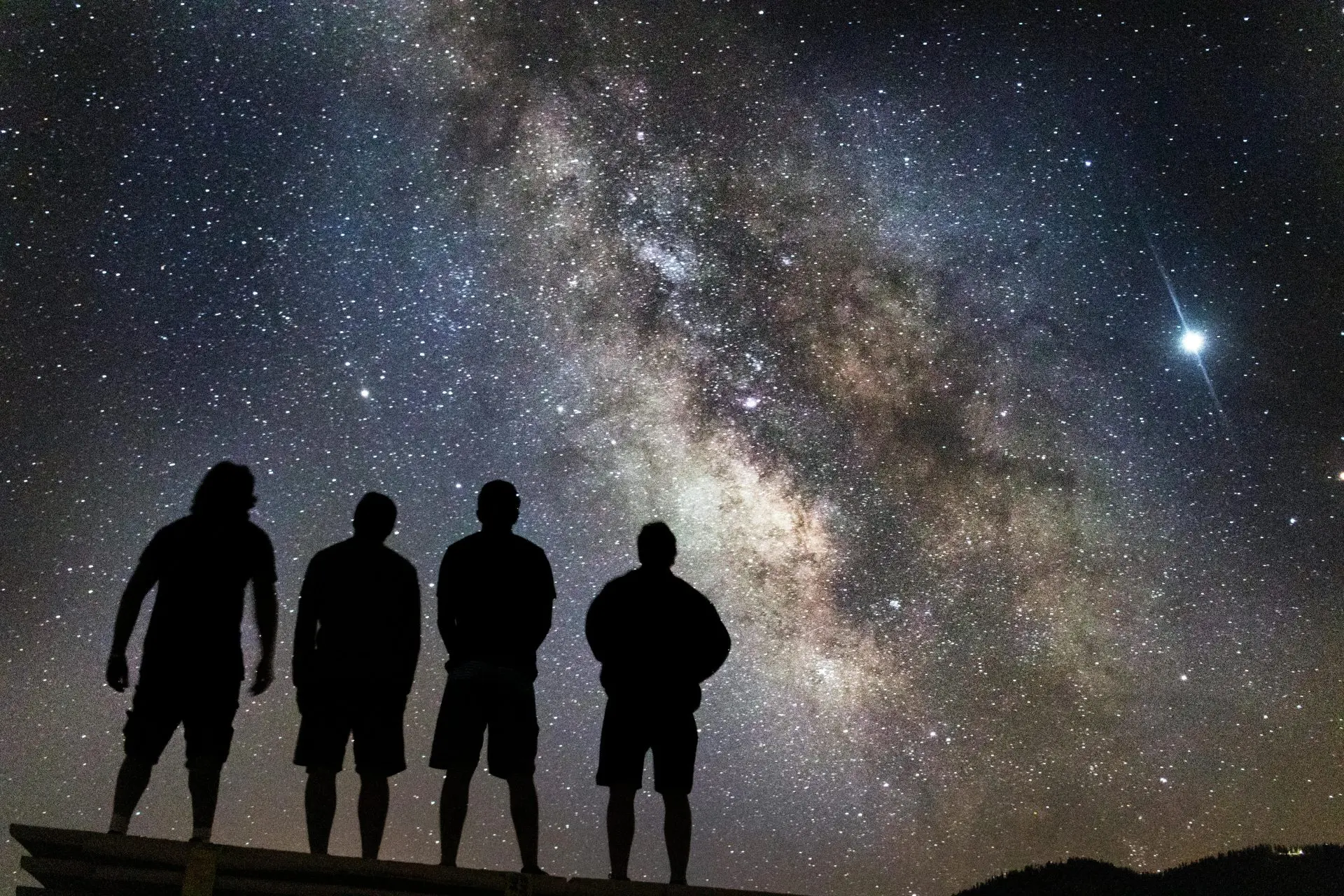Pro Food Photography: Techniques to Capture Flavor in Photos

Looking for more amazing products? Check out our online store and explore our collection here! Happy shopping!
Before diving in, please note: This post is for informational purposes only. If you’d like to know more about how we approach topics, feel free to check out our friendly Disclaimer Page.
Hey there, amazing readers! 
We’re committed to delivering quality posts, and your support (even just sticking around despite the ads) means everything to us. So, bear with us, and thanks for helping us keep the good vibes rolling. Now, on to the fun stuff!
TRANSLATE BUTTON AT THE END OF THE ARTICLE
Introduction to Pro Food Photography
In the world of professional food photography, capturing the essence of flavor is essential.
It’s not just about making food look pretty; it’s about evoking the taste, texture, and aroma of the dish through a single image.
From lighting techniques to composition tips, every aspect of the photography process plays a crucial role in bringing out the flavors in a photograph.
Whether you’re a food blogger looking to up your game or a professional photographer aiming to showcase culinary creations, mastering the art of capturing flavor in photos is a skill worth honing.
Importance of Capturing Flavor
When it comes to food photography, capturing flavor goes beyond just aesthetics; it’s about telling a story.
A well-executed food photo should not only make your viewers’ mouths water but also transport them to the moment of tasting the dish.
By focusing on the colors, textures, and composition of the food, you can create images that are not only visually appealing but also deeply evocative.
In a world where food plays a central role in our lives, capturing flavor in photos allows us to share the sensory experience of eating with others.
Lighting Techniques for Food
Lighting is one of the most crucial elements in food photography.
Proper lighting can make the colors in your dish pop and enhance the textures, giving the viewer a sense of what it would be like to taste the food.
Natural light is often the best choice for food photography, as it tends to be soft and flattering.
However, artificial lighting can also be used effectively, especially in situations where natural light is limited.
Experimenting with different lighting setups, such as side lighting or backlighting, can help you find the best way to capture the flavor of your dish.
Composition Tips for Food Photos
Composition is key when it comes to capturing flavor in food photos.
Pay attention to the arrangement of the elements in your frame, making sure to highlight the most appetizing aspects of the dish.
Consider the angle from which you are shooting, as well as the placement of props and utensils.
Use leading lines and symmetry to guide the viewer’s eye through the image, drawing attention to the focal point of the dish.
Remember, the goal is to make the viewer feel as though they could reach into the photo and take a bite.
Using Props to Enhance Flavor
Props can be powerful tools in food photography, helping to enhance the flavor of the dish.
Choose props that complement the food and add visual interest to the image without overpowering the main subject.
Utensils, napkins, herbs, and spices can all be used to add layers of flavor to your composition.
Consider the colors and textures of your props and how they interact with the food.
By thoughtfully selecting and arranging props, you can create a scene that not only looks delicious but also captures the essence of the dish.
Selecting the Right Background
The background of your food photo can make or break the image when it comes to capturing flavor.
Choose backgrounds that are simple and neutral to allow the food to be the star of the show.
Textured surfaces like wood or stone can add depth and interest to the image without distracting from the dish.
Experiment with different backgrounds to see what works best for each dish, keeping in mind that the background should enhance, not compete with, the flavors you are trying to capture.
Editing Tricks for Food Photography
Editing is an essential part of the food photography process, allowing you to fine-tune the colors, contrast, and overall look of your images.
Use editing software to adjust the white balance, exposure, and saturation of your photos to bring out the flavors in the dish.
Pay attention to the details, such as sharpening the image to highlight the textures of the food or removing any distractions that may detract from the overall flavor.
Discover "SUPERFOODS: The Key to Health and Balance
"
Remember, editing should enhance the image, not alter it beyond recognition.
Capturing Texture in Food Photos
Texture plays a significant role in conveying flavor in food photos.
From the crispiness of a fried dish to the creaminess of a dessert, capturing the textures of the food can make the viewer’s mouth water.
Use lighting to highlight the textures of the dish, casting shadows to accentuate the crunch of a crust or the fluffiness of a cake.
Get up close and personal with your food to capture the intricate details that make each dish unique.
By focusing on texture, you can create photos that not only look delicious but also feel irresistible.
Enhancing Colors in Food Images
Colors are another essential element in food photography that can help convey the flavor of a dish.
Pay attention to the hues of the food you are photographing, making sure they are vibrant and true to life.
Use color theory to create harmonious compositions that evoke a sense of taste and flavor.
Play with contrasting colors to make certain elements of the dish pop, drawing the viewer’s eye to the most delicious parts.
By enhancing the colors in your food images, you can create photos that are not only visually striking but also full of flavor.
Capturing Steam and Smoke
Capturing steam or smoke rising from a dish can add a sense of warmth and freshness to your food photos, enhancing the perceived flavor.
Use warm lighting to make the steam or smoke stand out against the background, creating a sense of movement and energy in the image.
Position your camera at an angle that allows you to capture the steam rising from the dish, using a fast shutter speed to freeze the motion.
By incorporating steam or smoke into your food photos, you can create images that are not only visually appealing but also evoke the sensory experience of tasting the dish.
Tips for Food Styling
Food styling is an art form that can greatly impact the flavor of a dish in photos.
Pay attention to the way you arrange the food on the plate, making sure each element is showcased in its best light.
Use garnishes, sauces, and drizzles to add visual interest and enhance the flavors of the dish.
Consider the overall composition of the plate, balancing colors, textures, and shapes to create a visually appealing image.
Remember, food styling is about more than just making the dish look pretty; it’s about telling a story and capturing the essence of flavor in a single frame.
Conclusion: Mastering Flavorful Food Photos
Capturing flavor in food photos is a complex yet rewarding process that requires a combination of technical skill and artistic vision.
From lighting techniques to composition tips, every aspect of food photography plays a crucial role in bringing out the flavors of the dish.
By experimenting with different approaches and styles, you can create images that not only look delicious but also evoke the sensory experience of eating.
Whether you’re a seasoned pro or just starting out, mastering the art of capturing flavor in photos will take your food photography to the next level, allowing you to showcase culinary creations in a whole new light.
So grab your camera, gather some props, and start capturing the flavors of the world through the lens of your photography.

The Enlightenment Journey is a remarkable collection of writings authored by a distinguished group of experts in the fields of spirituality, new age, and esoteric knowledge.
This anthology features a diverse assembly of well-experienced authors who bring their profound insights and credible perspectives to the forefront.
Each contributor possesses a wealth of knowledge and wisdom, making them authorities in their respective domains.
Together, they offer readers a transformative journey into the realms of spiritual growth, self-discovery, and esoteric enlightenment.
The Enlightenment Journey is a testament to the collective expertise of these luminaries, providing readers with a rich tapestry of ideas and information to illuminate their spiritual path.
Our Diverse Expertise
While our primary focus is on spirituality and esotericism, we are equally passionate about exploring a wide range of other topics and niches 

To ensure we provide the most accurate and valuable insights, we collaborate with trusted experts in their respective domains 
Our blog originally focused on spirituality and metaphysics, but we’ve since expanded to cover a wide range of niches. Don’t worry—we continue to publish a lot of articles on spirituality! Frequently visit our blog to explore our diverse content and stay tuned for more insightful reads.
Hey there, amazing reader! 
Check out our store here and take a peek at some of our featured products below! Thanks for being awesome!












